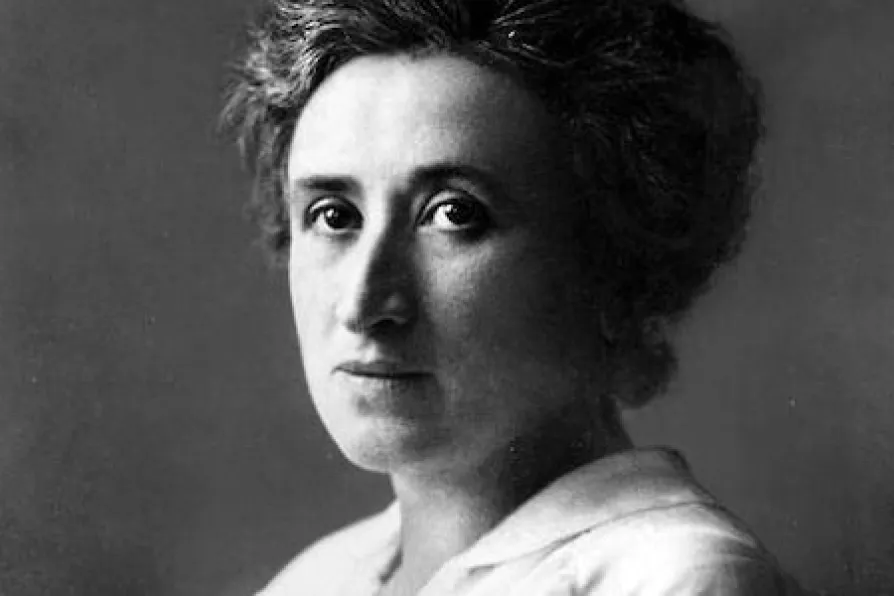Labour prospects in May elections may be irrevocably damaged by Birmingham Council’s costly refusal to settle the year-long dispute, warns STEVE WRIGHT


ON THE 100th anniversary year of the murders of the outstanding German revolutionaries Karl Liebknecht and Rosa Luxemburg it is fitting that the London Morning Star Readers and Supporters Group should be having its relaunch with a screening of Margarethe von Trotha’s classic film The Patience of Rosa Luxemburg.
Morning Star editor Ben Chacko will introduce the film at a showing tomorrow at 7pm at the Marx Memorial Library in Clerkenwell, London, and it will be followed by a question and answer session with Professor Mary Davis.
Born in 1871 to a Polish Jewish family Rosa Luxemburg — or Red Rosa as she became known — became involved in revolutionary activity at an early age and went on to become one of the most outstanding Marxist theoreticians and agitators of the 20th century.

The newly catalogued News International Dispute Archive ensures the history of the Wapping dispute – and the solidarity it inspired – is preserved, accessible and alive for future generations, says MATT DUNNE













